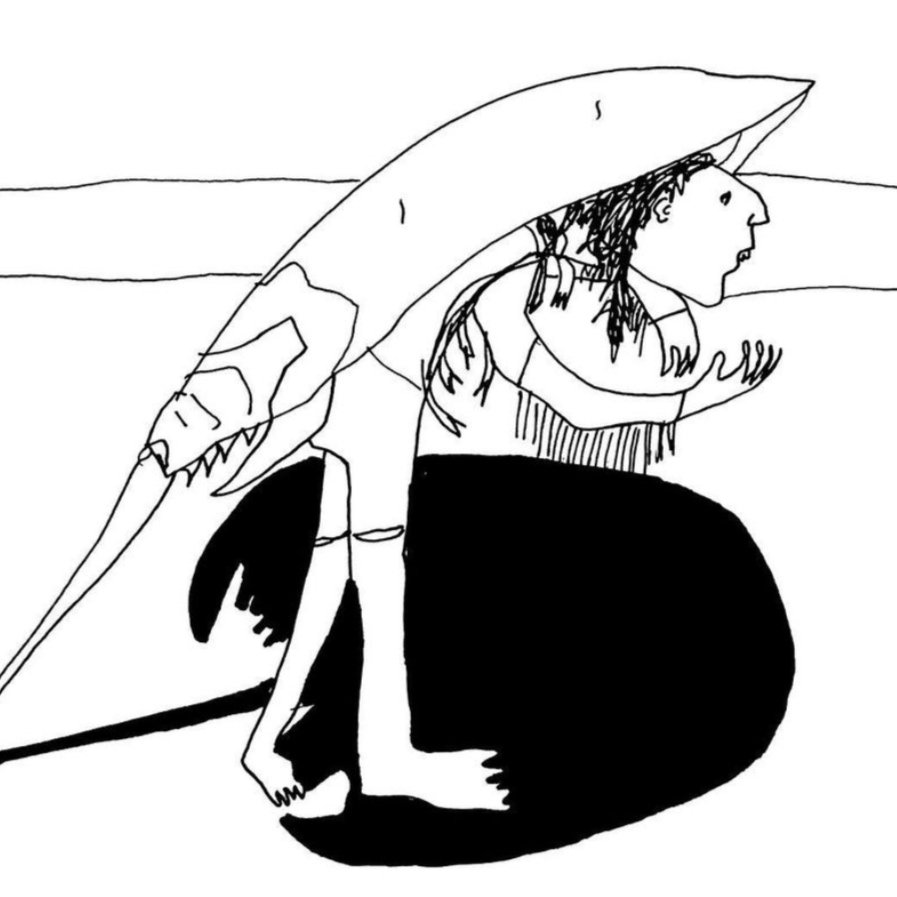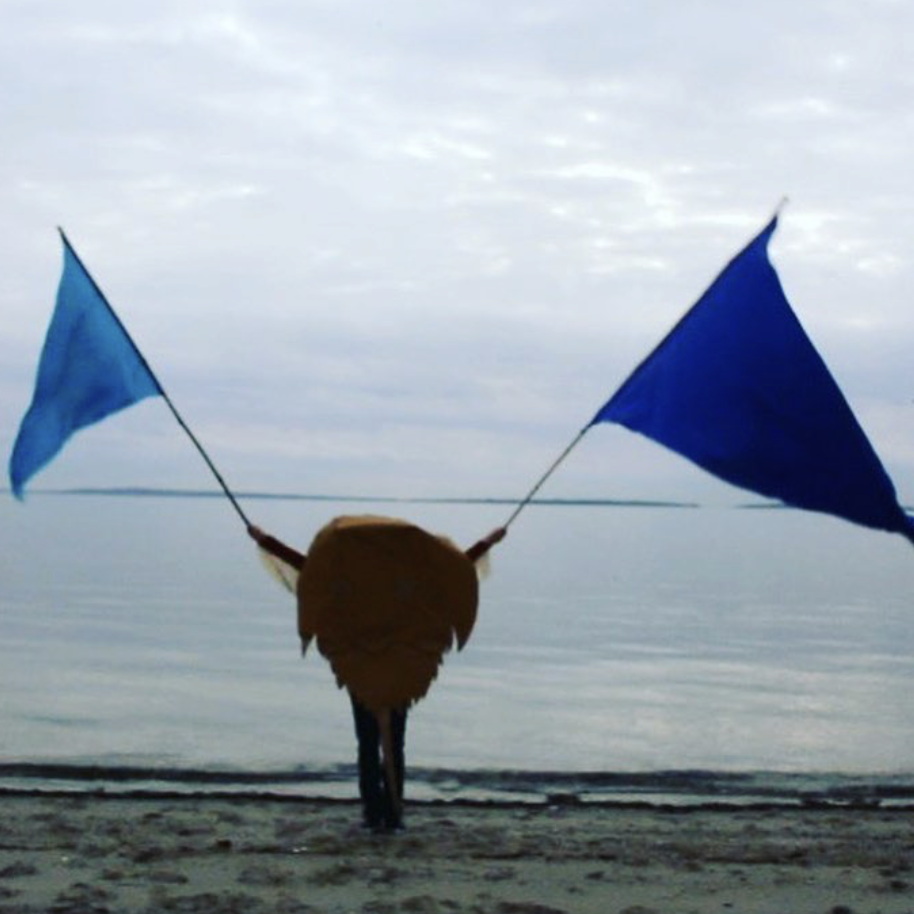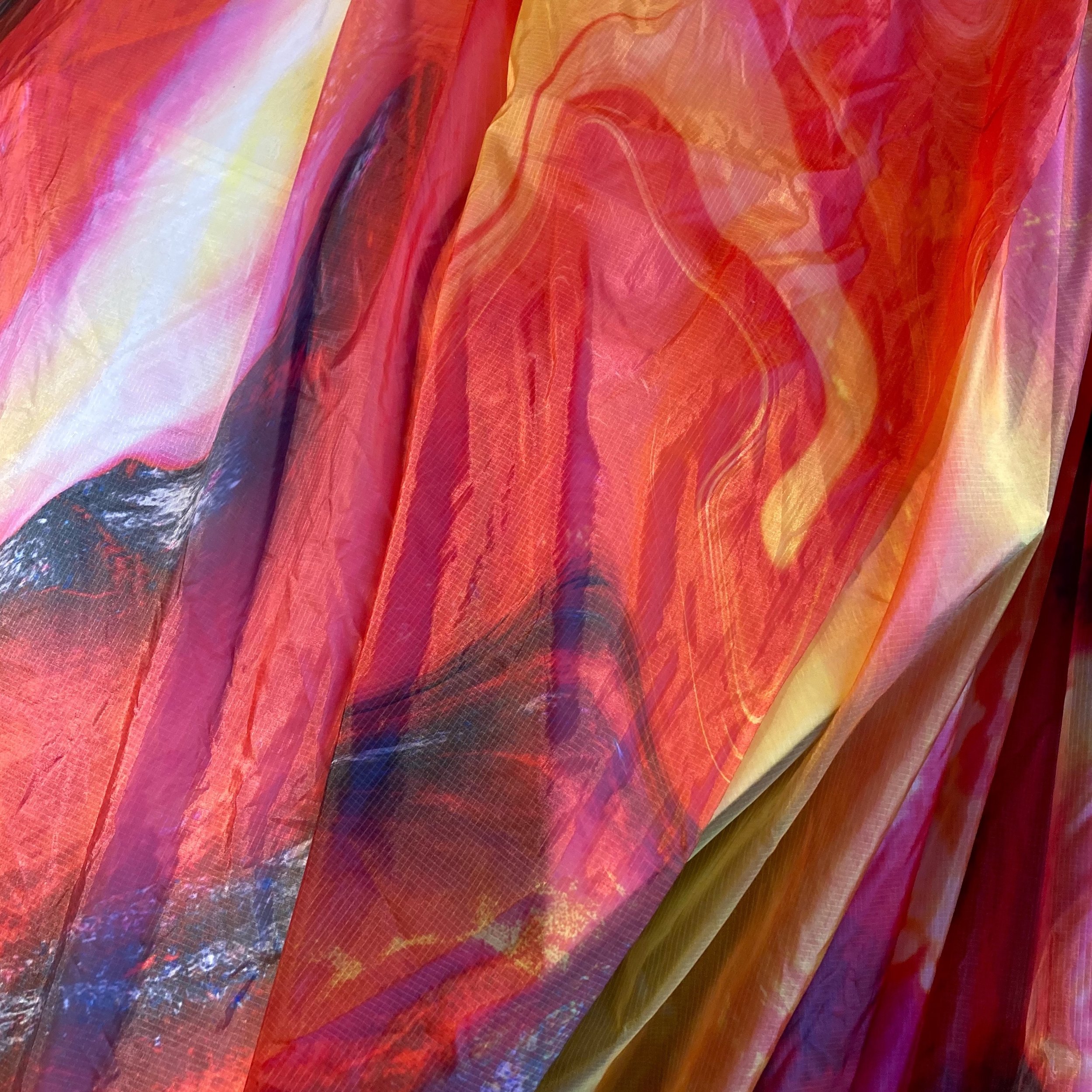Join interdisciplinary artists Greta Bank and Eli Nixon on Saturday, April 1st at 2pm as they discuss their artistic practices, ecologic and geologic phenomena, the climate crisis, and how their works resonate with each other.
This event is in collaboration with SPACE gallery where Eli Nixon will be in residence from March 31st to April 2nd to host events including BLOODTIDE on April 2nd at 7pm. Learn more about Nixon’s work here.
ABOUT GRETA BANK
Born in Philadelphia Pennsylvania, Greta Bank currently resides in Hollis, Maine. She received her BFA from The Cooper Union for the Advancement of Science and Art and a MFA focused on painting from the University of Arizona. Her sculptural work, performance, installations and multi media, often use both topical and historical content to provoke social inquiry. Bank describes her work as visual essays, positioning her audience to reflect on diverse matters such as environmental corruption, mass consumption and social constructs. She has exhibited at SPACE Gallery, the DeCordova Museum and Sculpture Park, the Center for Maine Contemporary Art and most recently the Hunterdon Museum. Bank has received multiple grants from the Maine Arts Commission, as well as from the Taconic Community Foundation and an Emerging Artist Grant from the Joan Mitchell Foundation.
ABOUT ELI NIXON
Eli Nixon builds portals and gives guided tours to places that don’t yet exist, or already exist but call for imaginative intervention and DIY translation.
They are a settler-descended transqueer clown, a cardboard constructionist, and a maker of plays, puppets, parades, pageants, suitcase theaters, and low-tech public spectaculah. Eli collaborates with artists, activists, and the more-than-human world to create performances, installations, and civic choreography on street corners and stages.
Eli is in the midst of proposing a new holiday in homage to horseshoe crabs, encouraging everyone to check for ticks, and supporting local and planetary movements for abolition, reparations, land return, and multispecies justice. They believe in the transformative power of snacks, tide pools, costumes, friendship and “free time.”




